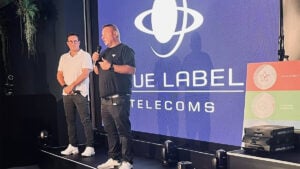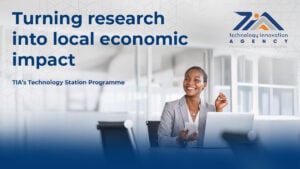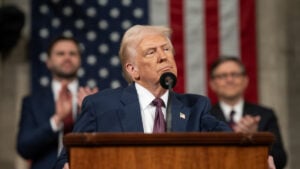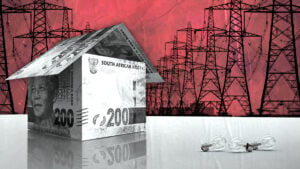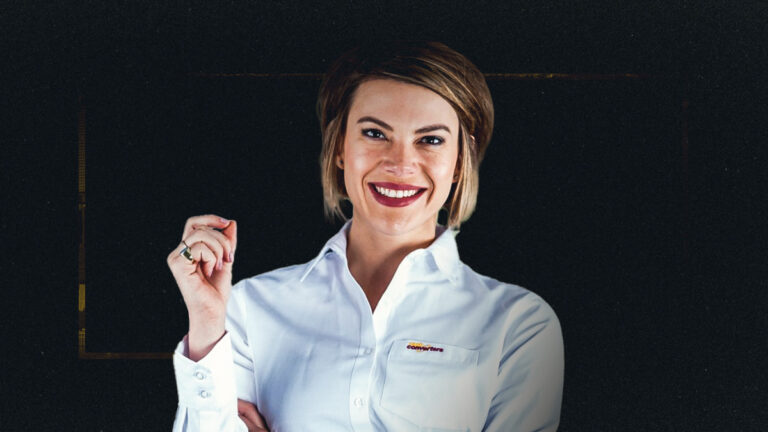Important information about work from home taxes in South Africa

Tax experts have outlined how South African taxpayers may qualify for work-from home deduction in the 2025 tax season, but warn that the country’s tax laws make it difficult.
South Africa’s Income Tax Act includes specific provisions regulating claims for working for home, and the process isn’t as straightforward as it seems.
According to Tax Consulting SA, commission earners generally have more flexibility when it comes to these deductions, but salaried employees working from home may run into trouble.
This is because there are more restrictive rules that apply in their cases.
“If you earn only a fixed salary, work from home full time, and use a dedicated space solely for work, there may be grounds for claiming home office expenses, provided you meet the strict requirements set out in law,” the group said.
However, the onus will be on these employees to prove to SARS that it is warranted.
Tax Consulting noted that three key sections of the Income Tax Act govern these deductions, specifically:
- Section 11(a) – General deduction formula.
- Section 23(b) – Use of home for trade.
- Section 23(m) – Limitations for salaried employees.
Section 11(a), often referred to as the “general deduction formula,” allows a taxpayer who is ‘carrying on a trade’ to deduct ‘expenditure and losses actually incurred in the production of income, provided such expenses are not of a capital nature’.
In the context of a salaried employee, “trade” includes employment. Therefore, an employee who earns remuneration is regarded as carrying on a trade in the form of employment.
“If a salaried employee incurs home office expenses in the production of employment income, those expenses will conceptually fall within the scope of section 11(a),” Tax Consulting said.
However, it noted that, when claiming home office expenditure that section 11(a), this should be applied in conjunction with the limitations imposed by Section 23.
Section 23(b) imposes a specific prohibition against claiming deductions for expenses related to premises ‘used for domestic or private’ purposes.
There is, however, an exception where:
- There is a dedicated area used for the purposes of employment,
- That area is specifically equipped for such employment; and,
- The area is regularly and exclusively used for employment.
For salaried employees—not commission earners—it is required that more than 50% of their duties must be performed in the home office, and the home office must be a clearly defined and exclusive workspace.
“For full-time remote workers with a defined, exclusive home office, this means you may qualify—in theory,” the experts said.
However, anyone trying to claim might run into problems.
Problems taxpayers might run into
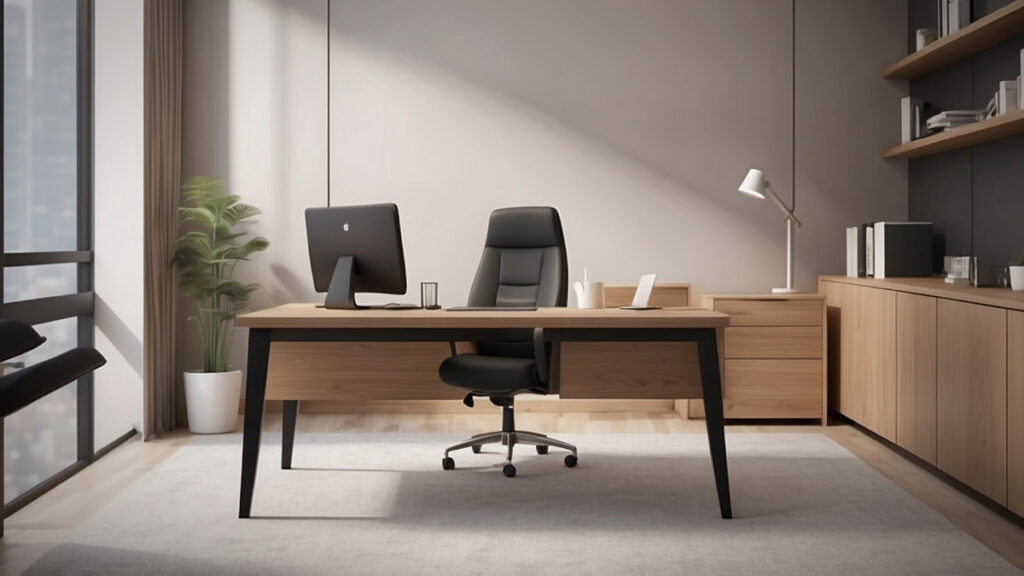
Tax Consulting noted that Section 23(m) disallows most deductions under section 11 for employees who:
- Earn remuneration (i.e., salary),
- And do not earn more than 50% of that income as commission or variable-based remuneration.
For taxpayers who earn a fixed salary only, section 23(m) prohibits deductions for most expenditure, losses, or allowances that would otherwise be allowable under section 11(a).
Only expenses directly tied to the use of the premises, such as rent, electricity, and cleaning, may be considered, and only under very specific conditions.
“In short, while section 11(a) allows the deduction of qualifying expenses, and section 23(b) adds strict conditions for home office use, section 23(m) disallows most deductions for salaried earners,” it said.
“In practice, this means that even if the general and home-office-specific conditions are met, fixed-salary earners are still barred from deducting most business-related expenses, including internet and cell phone costs, accounting fees, and stationery.”
The group said that any fixed-salary earners working from home full-time, who wish to claim deductions, should ensure that:
- Their employer provides a formal letter confirming remote work;
- They have a dedicated, exclusive workspace;
- More than 50% of their duties are performed in that space; and
- Their claim is limited to premises-related expenses.
Even then, SARS may still challenge deductions beyond the narrow exemptions outlined above, the group warned.
“The onus is on the taxpayer to prove that the deduction should be allowed.”



